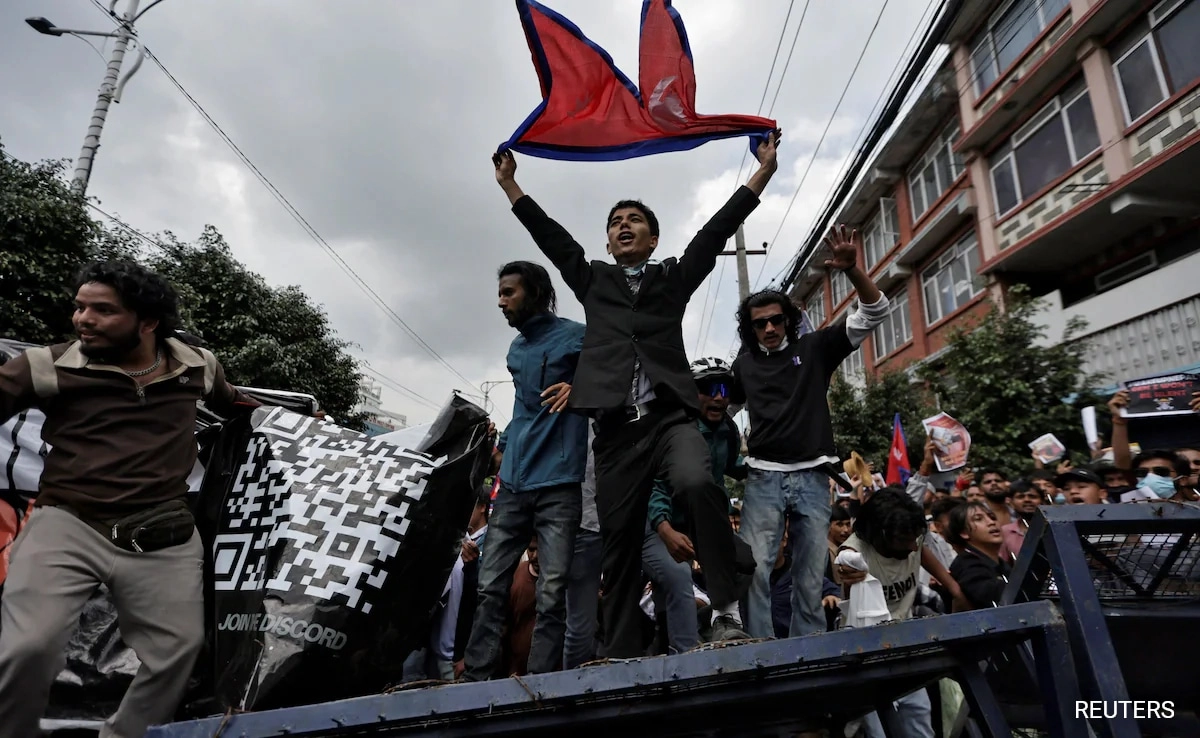A devastating turn of events unfolded in Nepal as a massive protest erupted, resulting in the tragic loss of 19 lives. The protest, sparked by a combination of political grievances and social unrest, drew thousands of demonstrators to the streets, demanding accountability and reform from the government. The situation escalated quickly, with clashes between protesters and security forces leading to violence and chaos. Eyewitness accounts describe a scene of turmoil, where peaceful demonstrations rapidly transformed into confrontations, culminating in a tragic outcome that has left the nation in mourning.
In the wake of this tragedy, Nepal’s Home Minister has resigned, acknowledging the government’s failure to maintain order and protect its citizens. This resignation marks a significant political development, as it reflects the growing public discontent with the government’s handling of civil unrest. Many citizens feel that their voices have been ignored, and the government’s inability to address their concerns has fueled further anger and resentment among the populace. The resignation of such a high-profile official underscores the seriousness of the situation and the urgent need for political reform.
With the nation in shock, calls for accountability and justice are reverberating throughout Nepal. Families of the victims are demanding thorough investigations into the circumstances surrounding the deaths, as well as the actions of law enforcement during the protests. Human rights organizations have also joined the call for accountability, emphasizing the need for a transparent investigation into the use of force by security personnel. As the country grapples with the aftermath of the protest, it faces a critical juncture that could shape its political landscape for years to come. The events of this week may serve as a catalyst for change, prompting a reassessment of government policies and a renewed focus on the needs and rights of the citizens.




